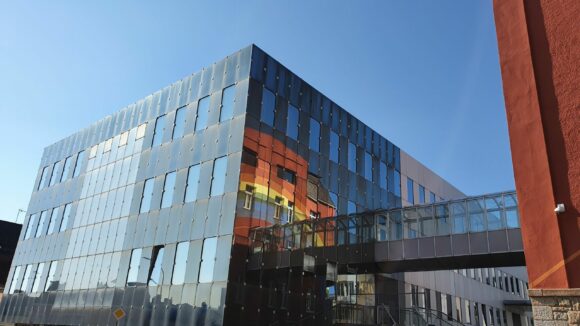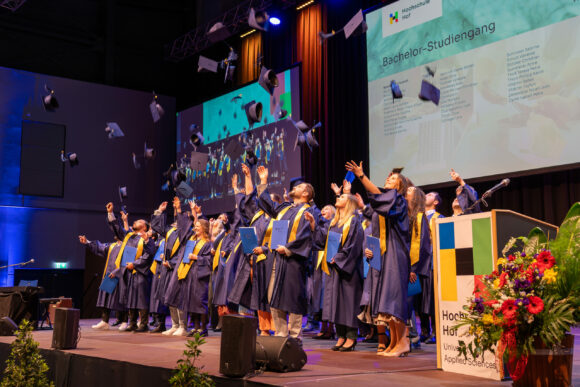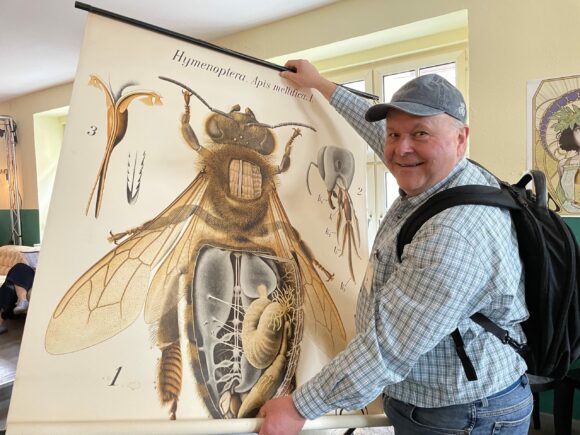While the number of first-year students is declining slightly throughout Germany, Hof University of Applied Sciences is coming up with positive figures: The University of Applied Sciences will welcome well over 500 new students at the start of the 2022 summer semester. With more than 3700 students in total, the educational institution thus succeeds in achieving a further increase of 6 percent compared to the same time last year and the highest student numbers ever for a summer semester. The Hof University of Applied Sciences is benefiting in particular from its international orientation and its focus on topics such as sustainability and digitalization.
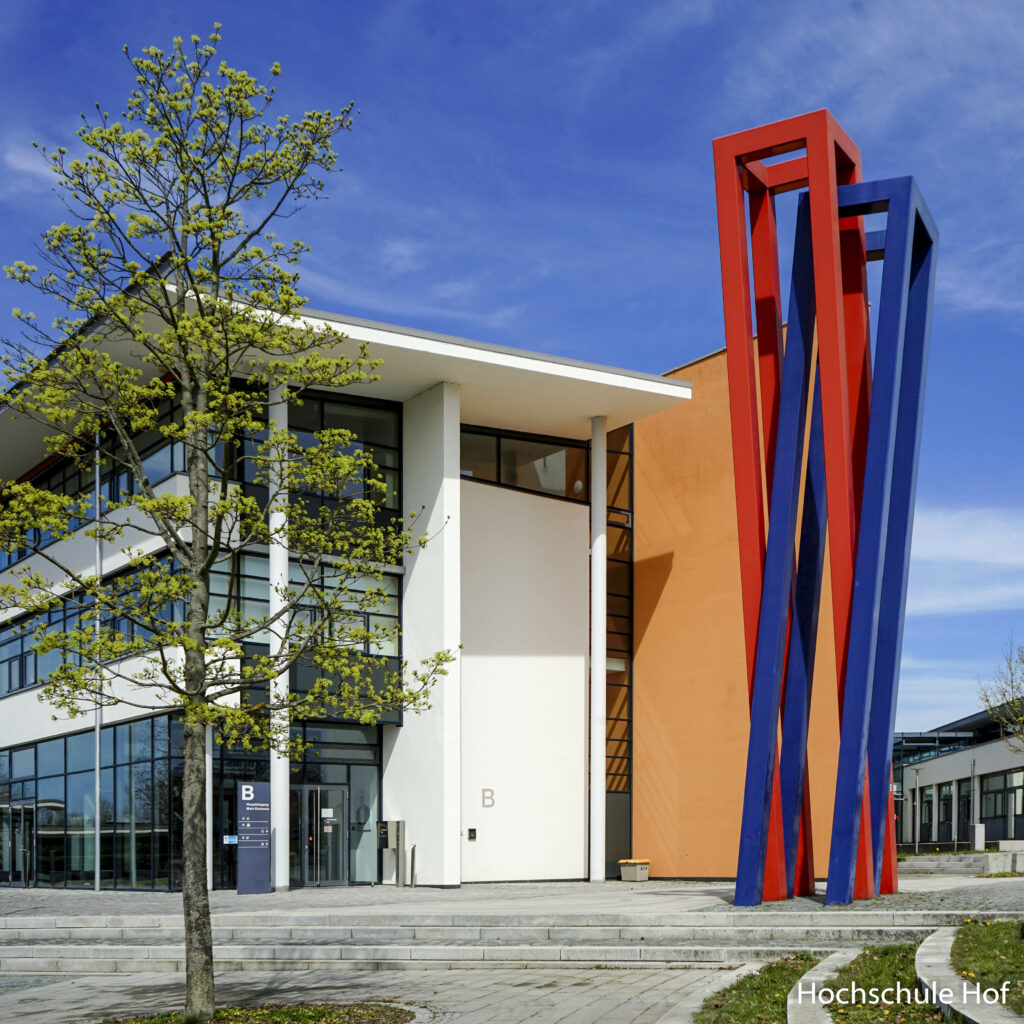
Satisfied with the development, Prof. Dr. Dr. h.c. Jürgen Lehmann, President of Hof University
The figures show once again that our university offers young people a contemporary and attractive range of courses!”
Prof. Dr. Dr. h.c. Jürgen Lehmann
He continued, “By linking different departments, we create educational options that are particularly well received. I am particularly pleased with the very positive development in the areas of computer science and continuing education. However, my greatest wish now is a further normalization of the teaching situation and a continuous semester in presence.”
The largest increase in students is currently in the master’s program in Operational Excellence, with 142 new students (plus 65 percent). Here, graduates of technical and business bachelor’s degree programs learn how to implement future customer requirements in the supply chain and production optimally and efficiently. The Computer Science (B), Computer Science (B) and Sustainable Water Management and Engineering (M) degree programs also made above-average contributions to Hof University’s good overall results.
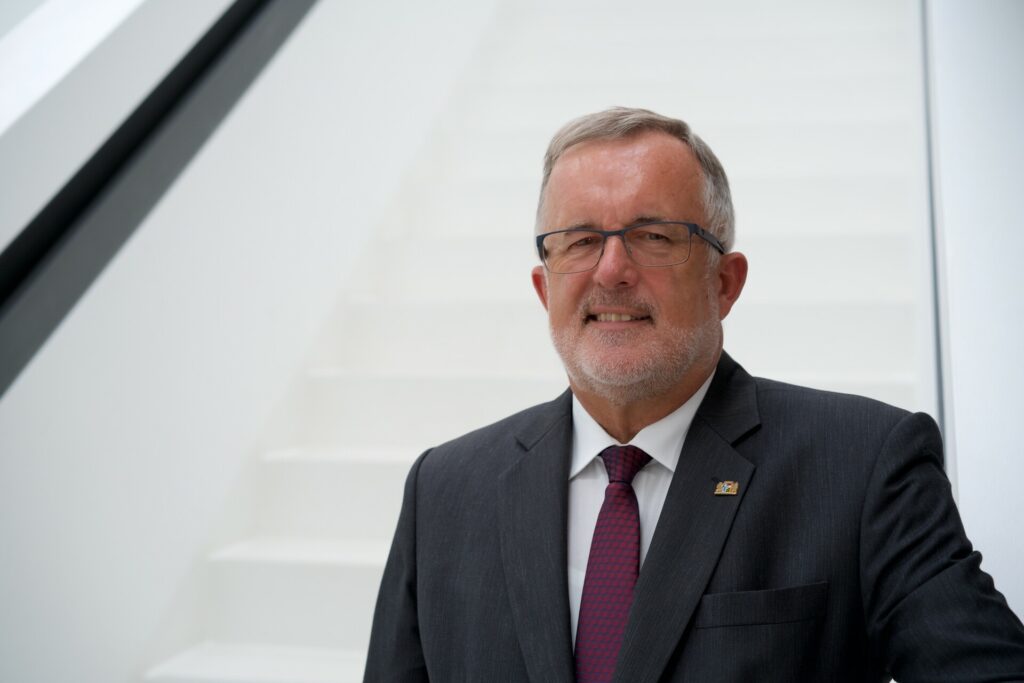
Image: Hof University of Applied Sciences;
“It is obvious that our growth is taking place in those areas where we map global future trends and provide answers to challenges of the present: Digitization, sustainability, internationalization and continuing education are the big topics that move young people,” said Prof. Dr. Dr. h.c. Jürgen Lehmann in conclusion




